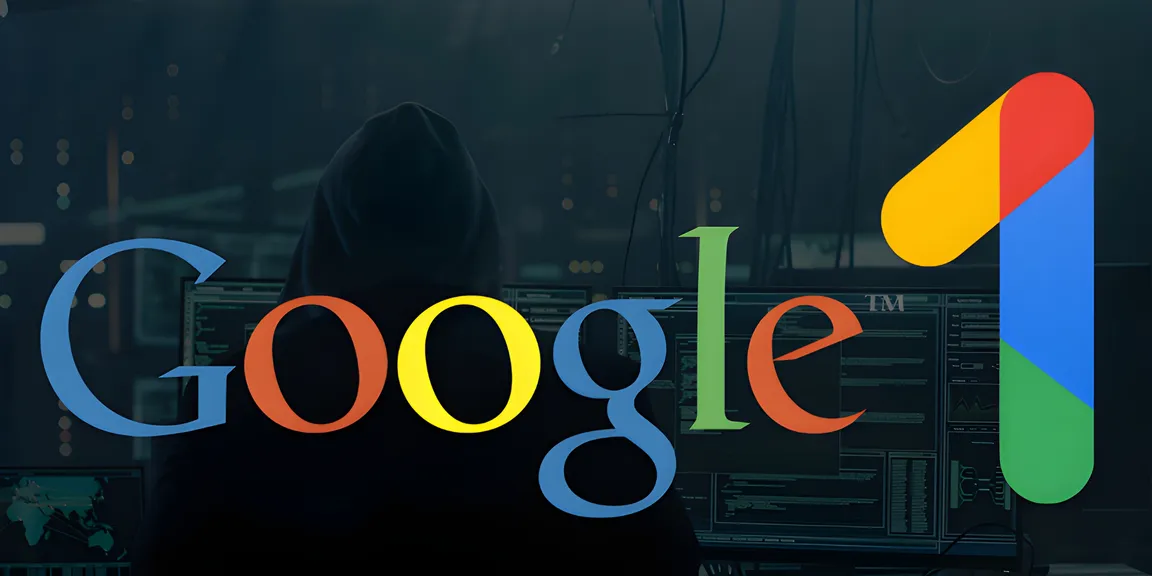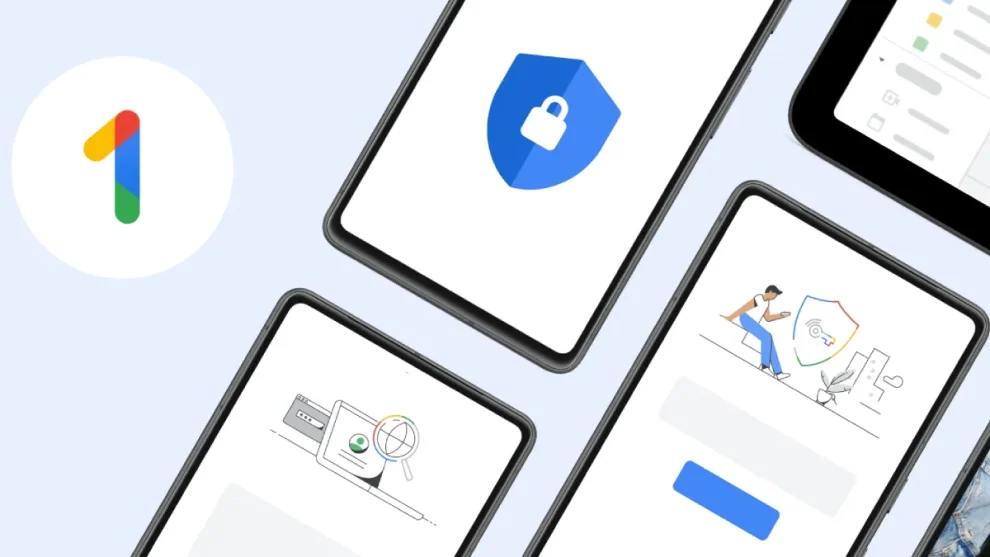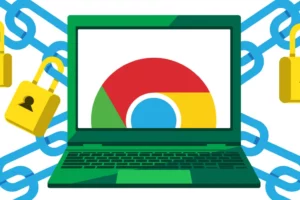The dark web, a hidden corner of the internet, harbors a sea of information, both legitimate and malicious. It’s a place where personal data breaches can lurk, unseen by everyday users. But fear not, Google has stepped up with a free “Dark Web Report” to help you see if your personal information has found its way into this shadowy realm. This guide equips you with everything you need to know about accessing and utilizing this valuable tool.
Demystifying the Dark Web: Where Information Hides
The dark web isn’t inherently evil. It simply refers to websites that aren’t indexed by traditional search engines. Here’s a breakdown of the dark web landscape:
- Beyond Search Engines: Unlike the surface web you navigate daily, dark web sites don’t appear in search results. They require special software or configurations to access.
- Anonymity Appeal: The dark web offers a higher level of anonymity for both website owners and users. This can be used for legitimate purposes like protecting whistleblowers, but also facilitates illegal activities.
- Data Breaches Lurk: Unfortunately, the dark web can become a marketplace for stolen data. Hacked information, including usernames, passwords, and even financial details, can be sold on these hidden forums.
Understanding the potential risks of the dark web is crucial. Google’s Dark Web Report empowers you to take control of your online privacy.
Accessing Your Dark Web Report: A Step-by-Step Guide
The good news? Google’s Dark Web Report is completely free and readily available to most Google account holders. Here’s how to access it:
- Head to Google One: Google One is a subscription service offering additional storage and benefits, but the Dark Web Report is available for free! Visit one.google.com and sign in with your Google account.
- Locate Dark Web Report: Once logged in, look for the “Dark Web Report” section. It might be under “Security” or “Privacy” depending on your account layout.
- Activate Monitoring (if applicable): Some Google One plans offer continuous monitoring for your information on the dark web. If your plan doesn’t include this, you may be offered a limited scan.
- Review Your Report: Once the scan is complete, Google will notify you if any of your information has been found in a potential dark web leak.

It’s important to note that Google’s Dark Web Report might not be available in all regions and might require specific Google Account types (consumer accounts, not Workspace accounts).
Understanding Your Report: What It Means and What to Do Next
Your Dark Web Report can be a valuable tool, but it’s important to understand its limitations. Here’s how to interpret the results:
- No Matches Found (The Ideal Scenario): If the report doesn’t find any trace of your information, breathe a sigh of relief! It’s still good practice to maintain strong passwords and online security habits.
- Potential Matches Found: If the report flags a potential match, don’t panic! It doesn’t necessarily mean your information has been compromised. Here’s what to do next:
- Review the Details: The report may provide details about the type of information found and the potential source of the leak.
- Change Your Passwords: As a precaution, change any passwords associated with the information discovered in the report. Use strong, unique passwords for each account.
- Consider Additional Security Measures: Two-factor authentication (2FA) adds an extra layer of security to your online accounts. Enabling it strengthens your defenses against unauthorized access.
Remember, Google’s Dark Web Report is a starting point, not an end-all solution. It’s crucial to remain vigilant about your online privacy.
Beyond Google’s Report: Proactive Steps to Protect Yourself
While Google’s Dark Web Report is a helpful tool, here are some additional steps you can take to protect your personal information online:
- Practice Password Hygiene: Create strong, unique passwords for all your online accounts. Consider using a password manager to keep track of complex passwords.
- Beware of Phishing Attempts: Don’t click on suspicious links or attachments in emails or text messages. Phishing scams can trick you into revealing sensitive information.
- Be Mindful of What You Share Online: Limit the amount of personal information you share on social media or public forums.
- Stay Updated on Security Threats: Keep your software and operating systems up-to-date with the latest security patches.
By adopting these practices, you can significantly reduce the risk of your information ending up on the dark web.
Knowledge is Power in the Digital Age
The vastness of the internet, with its hidden corners like the dark web, can feel daunting. However, with the right tools and knowledge, you can take control of your online privacy. Google’s Dark Web Report empowers you to stay informed about potential threats to your personal information.
Here’s a final note to remember:
- Be Proactive, Not Reactive: Don’t wait for a data breach to take action. Develop good online security habits and utilize tools like Google’s Dark Web Report to stay proactive about your privacy.
- Security is an Ongoing Process: The digital landscape constantly evolves, so your approach to online security should too. Stay informed about new threats and update your security measures accordingly.
- Education is Key: Sharing knowledge about online safety is crucial. Educate friends and family about potential risks and responsible online behavior.
In the digital age, knowledge is power. By understanding the tools available and practicing good online hygiene, you can navigate the internet with confidence and keep your personal information safe from the shadows of the dark web.
















Add Comment